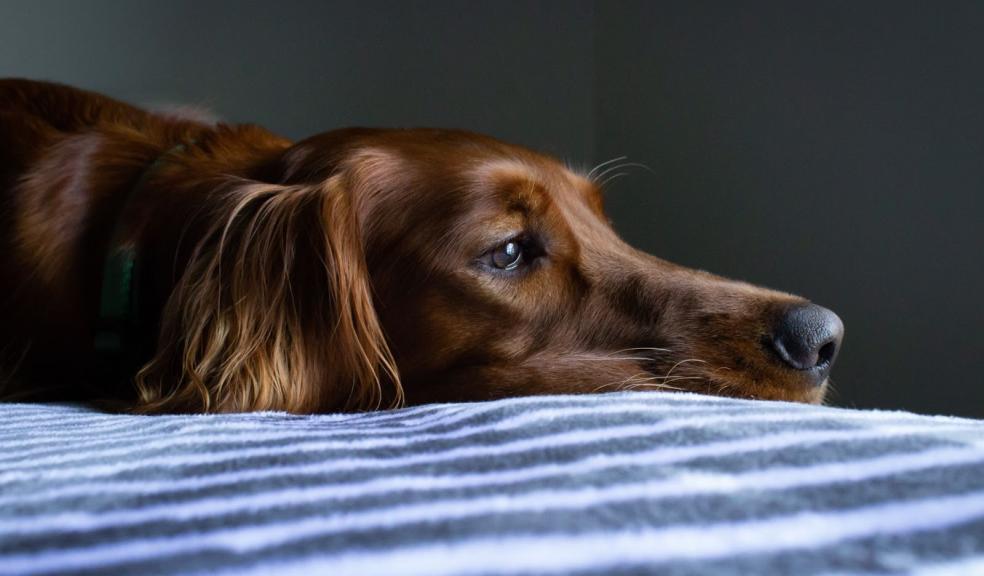
Paw-rent separation anxiety: How pets and owners can cope post-lockdowns
Vet-approved Guide to Post-lockdown Pet Separation Anxiety
-
Animal Trust vets detail how to deal with separation anxiety - for both you and your pet as you head back to the office
-
Lockdown puppy boom and 3 million new UK pets means the nation is preparing to leave dogs at home alone for the first time
-
Extra walks, changing routines and buying pet cams are amongst the top tips
As the nation returns to work, UK pets are preparing to start spending more time alone, and owners are planning for the inevitable stresses of separation anxiety.
Animal Trust, which operates not-for-profit veterinary surgeries across the north of England, north Wales and Yorkshire, has created a guide to dealing with separation anxiety - for pets and owners alike. The guide lists vet-approved techniques to try and ease your pet's worries, both before and during your time away.
As new owners return to work and normal life after lockdown, the nation's pets will have to adapt to spending time alone - many for the first time. According to The Kennel Club, a quarter of new owners admit they impulse bought their puppy, while it's estimated over 3 million pets were acquired across the UK during the pandemic.
Searches for 'pet sitting' have almost doubled over the last month as pet parents prepare to head back out into the world once lockdown restrictions are lifted. While not everyone may be able to pay for a professional pet sitter, Animal Trust has put together a list of tips and advice on keeping you and your furry friends as stress-free and relaxed as possible.
"Even for those who had pets as part of the family long before the pandemic, preparing to go back to normal is stressful. We've all become so used to having constant companionship," advises Animal Trust. "There will be an adjustment period before pets get used to not being at our sides 24/7 - and equally it's going to be tough for us humans too!
"It's important to try to train your pet for your absence before you start regularly being away from home - even things like wearing your coat to watch TV or taking a 10-minute walk without them can help. When you are out, if you can't always arrange company for your pet, try leaving a chew-safe toy to preoccupy them, or getting them used to a safe space like a crate. If your pet is constantly suffering from anxiety even after independence training over a period of time, we'd recommend coming into your local surgery so our vets can help."
For more tips on helping your pet live their happiest life, visit https://www.animaltrust.org.uk/blog/pet-separation-anxiety/







